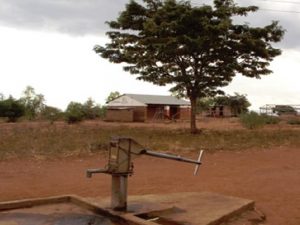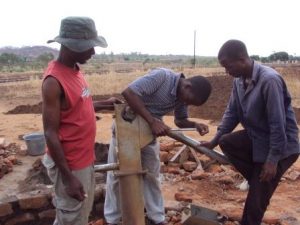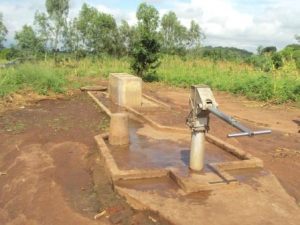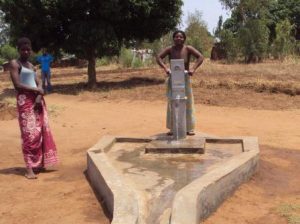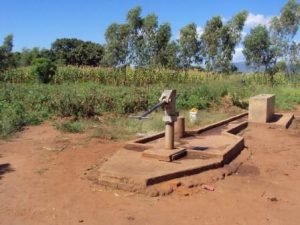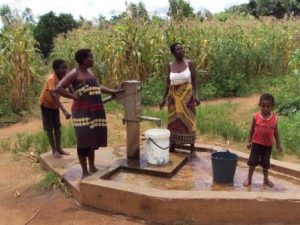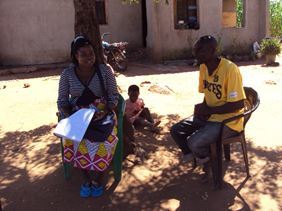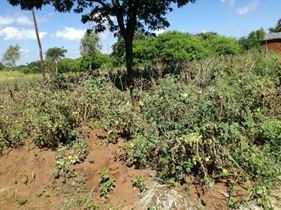Outline of the Follow-up observations
Our priority is placed on responding to the issues and needs of the field in an efficient and effective way.
Since 2015, we have been carrying out follow-up observations one year after the completion of projects in order to understand changing issues and needs.
In FY 2019, the fifth year since we started our follow-up observations, we asked five grass-roots organizations in the Lao PDR, Malawi, Sierra Leone, and Uganda (2 projects) that had been granted the JWF Fund 2018 to conduct follow-up observations. We received consent from the organizations in all the locations except the Lao PDR. With this cooperation, we have been able to conduct our one-year follow-up observations.
This page shows the project Maleule Boreholes Repair Project in Malawi.
Maleule Boreholes Repair Project
|
Outlines of the project supported by the JWF Fund 2018 Background:
Main activities:
|
Follow-up observation in 2020
Results of the survey conducted by Ms. Rhoda Mollande of the CCCEM are as follows:
- Curent situations of the repaired 2 boreholes
– The two boreholes are working as planned and users can get enough safe drinking water throughout the year.
– However, one borehole had stopped working when Ms. Mollande visited the community on 12 October 2019. Because the materials were of poor quality, the pipe inside the borehole had burst and water was not coming out. The community bought another, stronger pipe in town using money that users contributed monthly. Now the community can access safe water.
- Operation and maintenance system
– A well management committee manages the boreholes. They collect monthly contributions from users and close the borehole at night. The contributions are kept by the treasurer and made available for loans that are paid back with interest. Some members of the community borrow funds as capital to start businesses, while others borrow money when they face challenges beyond their capacity, such as flooding, hunger, a need for transport to hospital, or for funerals.
With regard to human resources, two people were trained during the project period to do minor repairs. For major repairs that require technical skills, they hire the services of outside specialists, paid for with the users’ contributions.
- Changes of the beneficiaries
– People clean their surrounding environment. They also keep their water covered after drawing it from the boreholes.
– Since the training, no case of water-borne disease has been reported in this community.
– Because residents are able to get water whenever they want, they can manage their time and better plan daily activities and housework.
– The water supply helped in the implementation by the community of a school meal program. Women can go to the school and prepare food for the children.
Voices from the beneficiaries
|
|
|
|
Mr. Thokozani Zagwa, 23 years old, users of the boreholes
|
Photos of the follow up observation
|
|
|
| Maintained borehole in 2018 | Women and boys at the another maintained borehole in 2018 |
|
|
|
| Interview the chief | Tomato and onion farm nearby the borehole |
(Reported by Shigenori Asai, Director)
